To create DIY homemade hand soap with natural lemon ingredients, combine 1 cup of Dr. Bronner's liquid castile soap, 1 cup of distilled water, a tablespoon of vitamin E oil, and 10-15 drops of lemon oil. Mix these ingredients in a suitable container, adjusting the water ratio for desired foaming. This homemade soap not only offers control over the ingredients, reducing skin irritations, but also provides an uplifting aroma. Be mindful of the shelf life, checking for spoilage indicators like changes in texture or odor. Exploring personalization options can optimize your soap-making experience significantly. More insights await that will improve your process.
Ingredients for Homemade Soap
To craft an effective homemade lemon hand soap, gather a few essential components: Dr. Bronner's liquid castile soap, distilled water, vitamin E oil, and lemon essential oil. These natural soap components not only offer cleansing abilities but also enhance skin wellness, perfect for those pursuing an organic lifestyle. Dr. Bronner's liquid castile soap, made from plant-based oils, acts as the main cleansing agent, efficiently capturing dirt and bacteria without harmful chemicals.
Distilled water serves as a thinning agent, allowing you to achieve the perfect texture for your homemade hand soap. Vitamin E oil is an important element, providing hydration and functioning as an antioxidant to safeguard your skin. Finally, lemon essential oil not only delivers a refreshing aroma but also possesses antimicrobial characteristics, boosting the soap's efficacy.
When exploring DIY soap formulations, the blend of these components allows for personalization, letting you modify scents or incorporate other essential oils to match your preferences. By using these natural ingredients, you can create a homemade hand soap that cleanses while nourishing your skin, fostering a sense of independence in your daily self-care routine.
Step-by-Step Soap Making
Making your own lemon hand soap at home is a simple and rewarding process that allows you to use natural ingredients while ensuring cleanliness. This DIY project gives you control over the ingredients and provides a refreshing alternative to store-bought soaps. Follow these easy steps to create your lemon-scented hand soap:
- Gather Your Supplies: Collect Dr. Bronner's liquid castile soap, distilled water, vitamin E oil, lemon essential oil, a mixing cup, and an empty soap dispenser.
- Mix the Components: In the mixing cup, combine 1 cup of Dr. Bronner's castile soap, ¼ cup of distilled water, 1 tablespoon of vitamin E oil, and 10-20 drops of lemon essential oil. Stir gently to blend the ingredients without forming too many bubbles.
- Fill the Dispenser: Carefully pour the mixture into your empty soap dispenser. If you desire a foaming action, consider adding more distilled water in a foaming soap dispenser.
This approach allows for creativity; you can try different essential oils to find a scent that you love. Enjoy the process of crafting a natural product designed specifically for your preferences.
Benefits of DIY Soap
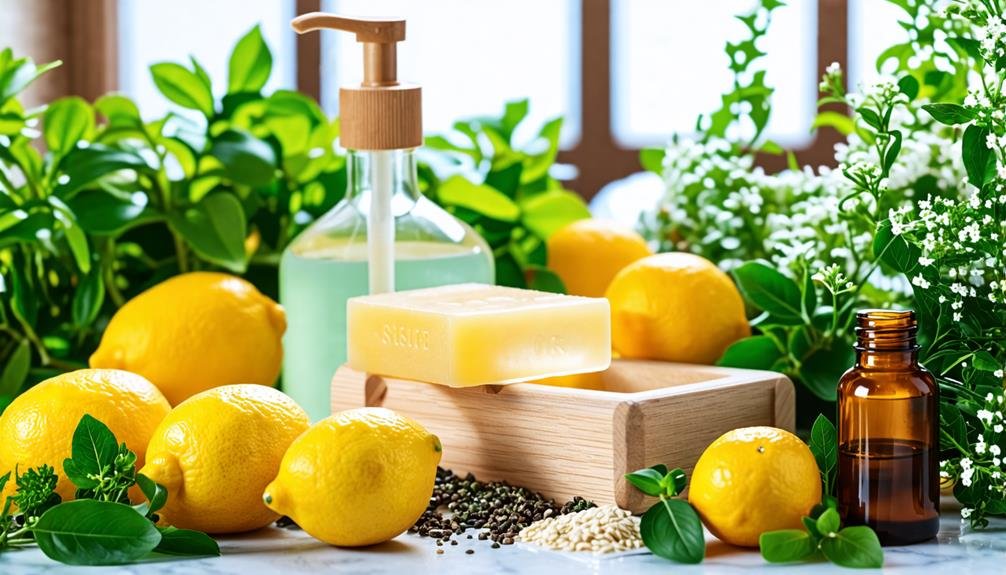
DIY soap, crafted from natural ingredients, brings a wealth of benefits for personal care and environmental sustainability. One major advantage is the control it offers over the components used. Unlike commercial brands like Dove or Irish Spring, which often include synthetic additives and preservatives, homemade soap relies on gentler, natural elements. This leads to reduced skin irritations and allergic reactions, making it ideal for individuals with sensitive skin.
Additionally, creating DIY soap fosters environmental awareness. By making your own bars, you minimize the use of plastic packaging, thereby supporting waste reduction efforts. Many mass-produced soaps come in non-recyclable containers, whereas homemade soap can be stored in eco-friendly, reusable jars.
Cost savings represent another significant benefit. Crafting your own soap can be much more economical than buying premium brands like Lush or Bath & Body Works. This allows for greater flexibility when managing expenses. Furthermore, the customization possibilities are limitless; individuals can personalize fragrances and textures to suit their preferences, enhancing their overall bathing experience.
Properties of Key Ingredients
Understanding the properties of key ingredients in DIY lemon hand soap is crucial for maximizing its effectiveness. Liquid castile soap, derived from plant and vegetable oils, serves as an excellent cleanser, while vitamin E oil provides moisturizing benefits and acts as an antioxidant. Moreover, lemon oil not only imparts a invigorating scent but also possesses antimicrobial properties, enhancing the comprehensive efficacy of the soap.
Liquid Castile Soap Benefits
Liquid Castile soap, made from natural oils of plants and vegetables, provides a versatile and effective cleansing solution with nourishing benefits for skin and the planet. Its unique formulation not only offers a gentle wash but also promotes skin health. Here are three noteworthy advantages of liquid Castile soap:
- Eco-Friendly Ingredients: Liquid Castile soap, crafted from biodegradable components, represents a sustainable option that reduces environmental harm. It acts as a mild substitute for harsh chemical-based products.
- Moisturizing Benefits: Unlike traditional soaps that may deplete the skin's natural oils, liquid Castile soap retains hydration due to its plant-derived ingredients. This makes it ideal for individuals with sensitive skin or those susceptible to dryness.
- Versatile Applications: Liquid Castile soap extends beyond handwashing; it works effectively as a cleaner for various surfaces in the home. Its multifunctional qualities empower users to formulate diverse eco-friendly cleaning solutions.
Incorporating liquid Castile soap into your DIY endeavors not only enhances your hand soap but also aligns with a lifestyle focused on health and environmental sustainability.
Essential Oils Properties
The addition of lemon essential oil to homemade hand soap enhances both the scent and the functional benefits, such as antimicrobial and moisturizing properties, complementing the advantages of liquid Castile soap. Lemon oil, extracted from citrus fruits, is celebrated for its natural antibacterial abilities, effectively eliminating harmful bacteria on the skin. This essential oil not only aids in cleansing but also provides a refreshing fragrance, elevating the handwashing experience.
Moreover, vitamin E oil is integral to the soap formulation. Renowned for its hydrating properties, vitamin E oil nourishes the skin, helping to prevent dryness often associated with frequent handwashing. Its antioxidant properties also shield the skin from environmental stressors, promoting overall skin health.
Together, lemon essential oil and vitamin E oil create a balanced blend, delivering both practical and sensory advantages. The absence of synthetic preservatives in homemade soap offers a more natural alternative, appealing to individuals seeking to avoid chemical-laden products. By recognizing the benefits of these essential ingredients, one can create a hand soap that not only cleans effectively but also uplifts the mood with its natural aroma.
Shelf Life and Storage
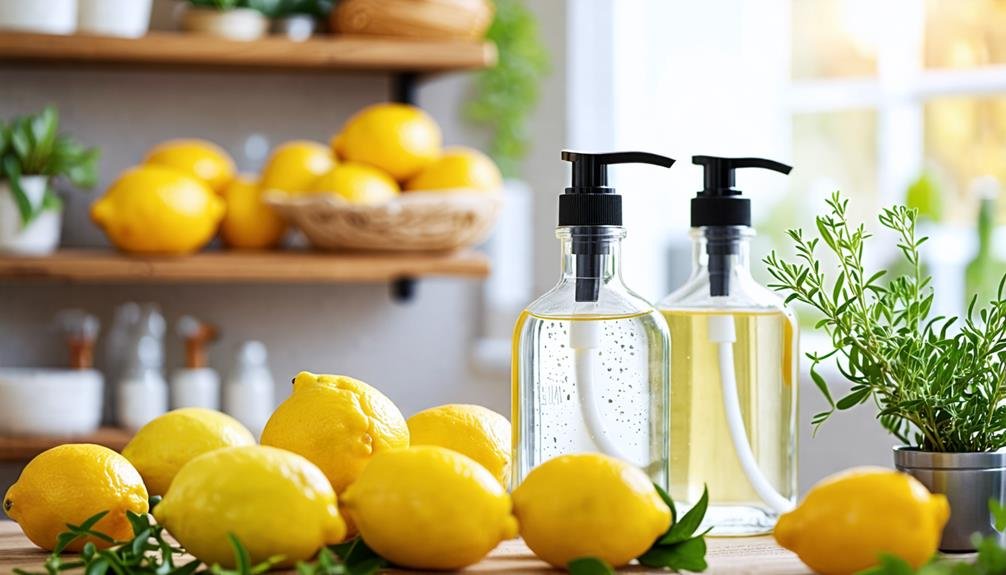
The shelf life of homemade lemon hand soap can range from a week to several months, primarily influenced by the addition of water and storage conditions. Indicators of spoilage include noticeable changes in texture or odor, which signal that the soap is no longer safe to use. To optimize freshness, it is advisable to store the soap in a cool, dark place or even refrigerate it, as this can greatly extend its longevity.
Expected Shelf Life
Homemade lemon hand soap usually has a shelf life ranging from a week to several months after water is added, depending on how it is stored and whether any preservatives are included. The lack of commercial preservatives in DIY soap can lead to varying shelf lives. To enhance the durability of your soap, consider the following tips:
- Storage Area: Place the soap in a cool, dry environment, away from direct sunlight. This helps to preserve the ingredients, especially essential oils and vitamin E.
- Refrigeration: Keeping your homemade soap in the refrigerator can greatly prolong its shelf life. The cool conditions slow down the growth of bacteria and prevent the oils from oxidizing, ensuring they remain effective for an extended time.
- Batch Size: Opt for smaller batches to reduce waste. Creating less soap at once allows you to enjoy its freshness while ensuring that you use it before it has a chance to spoil.
Signs of Spoilage
Identifying spoilage signs in your homemade lemon hand soap is essential for safety and effectiveness. Without preservatives, DIY soap typically has a shorter shelf life compared to commercial brands like Dial or Softsoap. Common spoilage indicators include changes in texture, such as separation or curdling, and off-putting odors that stray from the fresh lemon scent. If the soap shows discoloration or has an unusual consistency, it is best to discard it.
Furthermore, the appearance of mold or foreign particles signals that the soap is no longer good. These alterations can arise within a week to several months after making the soap, influenced by storage conditions and any added water. Trust your senses; if the soap seems off visually or olfactorily, it's wiser to be cautious.
To extend the life of your DIY soap, regularly check for these spoilage indicators. Staying vigilant about these signs will enable you to safely and effectively enjoy your homemade lemon hand soap.
Storage Recommendations
Proper storage is vital for maximizing the shelf life of your homemade lemon hand soap and ensuring its effectiveness. Without preservatives, DIY soap is more prone to spoilage, making careful storage essential.
To maintain the quality of your lemon hand soap, consider these tips:
- Cool, Dark Location: Keep your soap in a cool, dark space, away from heat sources and sunlight. This helps preserve the natural ingredients, especially essential oils.
- Sealed Containers: Store your soap in sealed containers to reduce air exposure, which can cause oxidation and spoilage. Opt for glass or high-quality plastic containers for best results.
- Refrigeration: To extend its shelf life, think about refrigerating your homemade soap. This can effectively slow down the degradation process, allowing you to enjoy your soap longer.
Tips for Customization
To enhance your DIY lemon hand soap journey, consider playing with various essential oils and organic additives to create a unique aroma and texture. The flexibility of your components allows you to customize the soap according to your tastes. For example, adding oils like Lavender by Young Living, Tea Tree by Melaleuca, or Eucalyptus from Plant Therapy can introduce unique scents and additional skin benefits.
Moreover, you might explore natural pigments such as beet juice or turmeric to boost the visual charm of your soap. Just a few drops can provide a delightful shade without adding artificial colors.
If you desire a creamier texture, think about incorporating a little bit of glycerin, which can enhance the hydrating qualities of your soap. Additionally, modifying the ratio of Dr. Bronner's liquid castile soap to water can result in a more concentrated mixture.
For those who appreciate seasonal fragrances, try mixing citrus oils with spices like cinnamon or clove for a cozy, welcoming scent during the winter months. Ultimately, the customization process enables you to showcase your creativity while ensuring that your homemade soap caters to your unique needs and tastes. Embrace the joy of DIY to create a hand soap that genuinely reflects your personality.





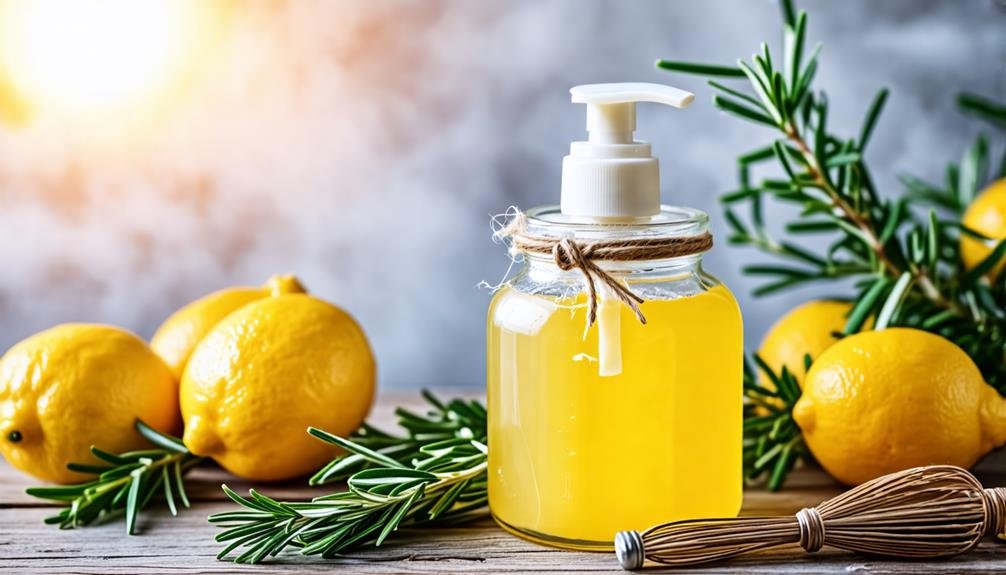
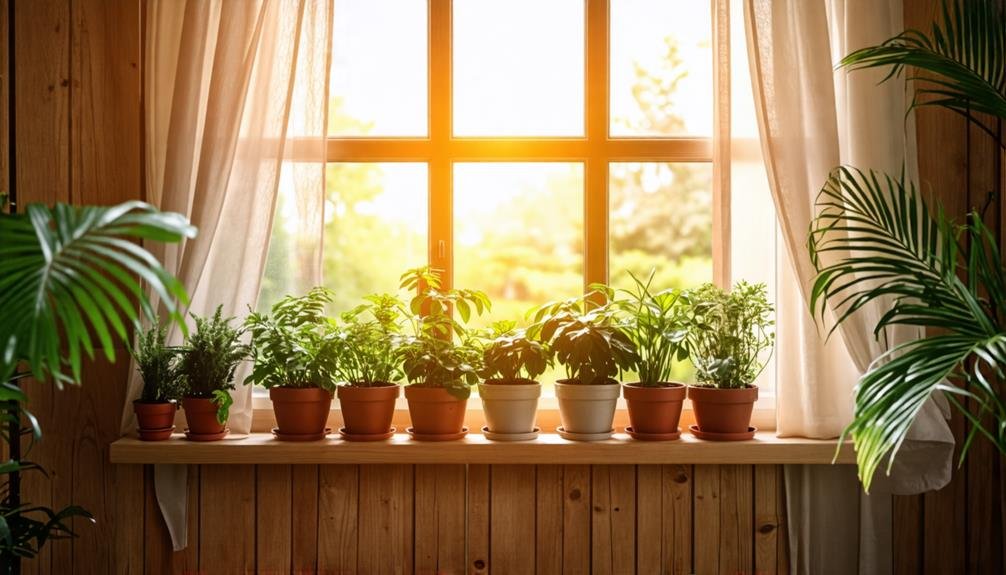


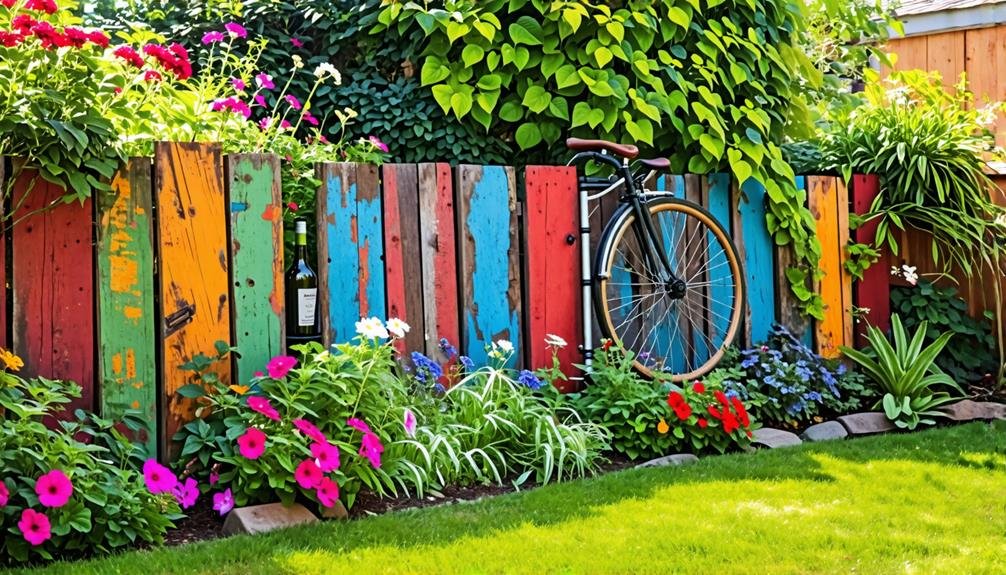



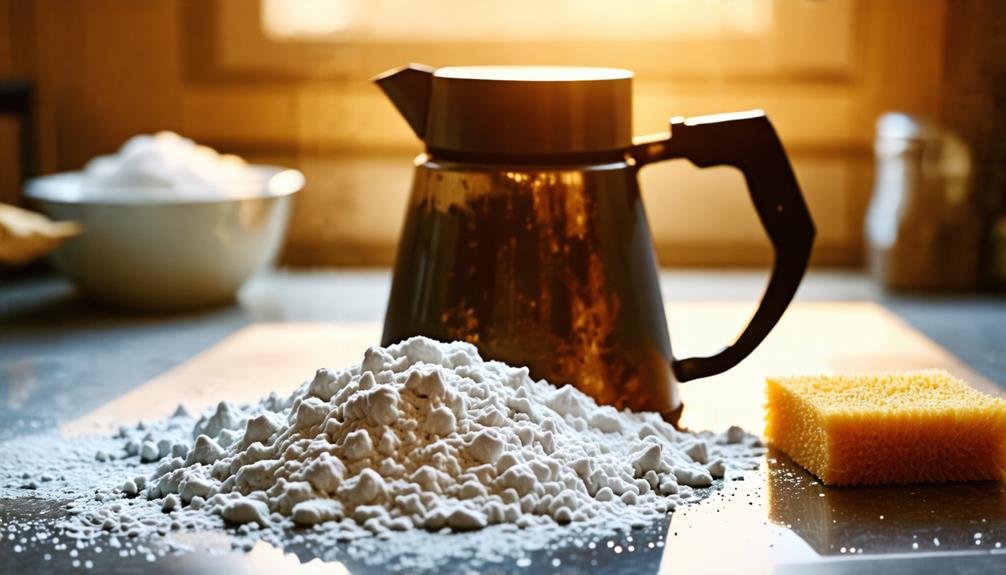

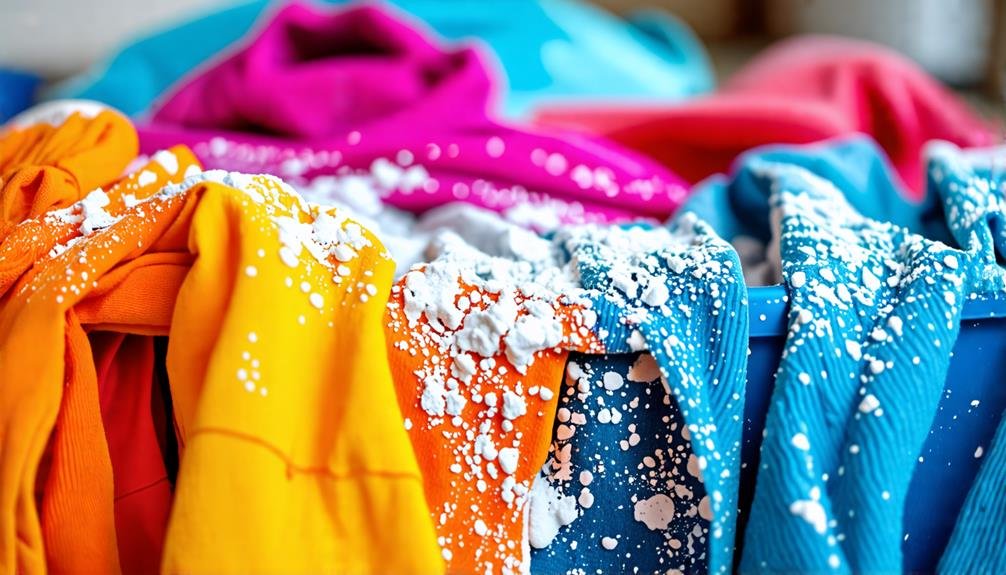
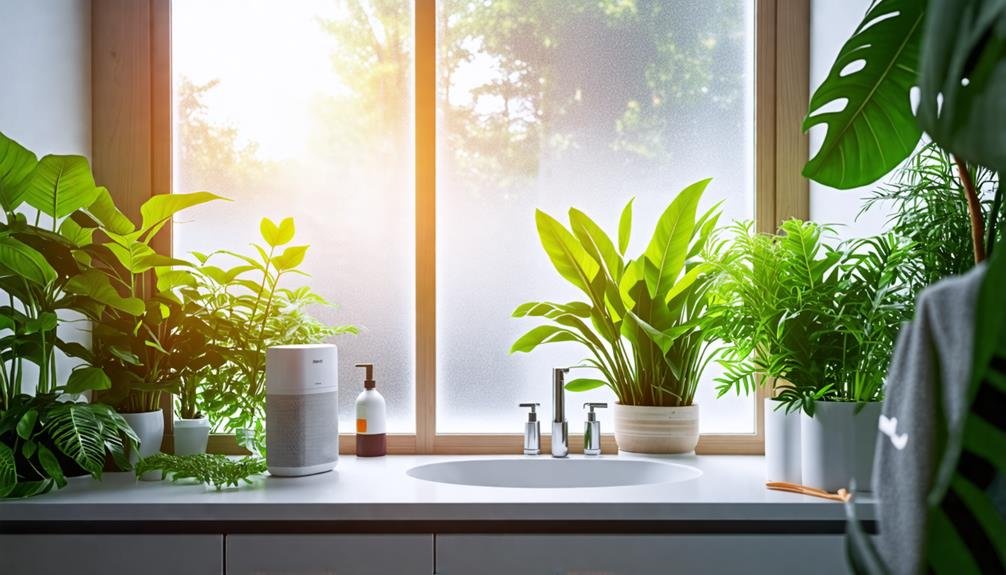

You must be logged in to post a comment Login